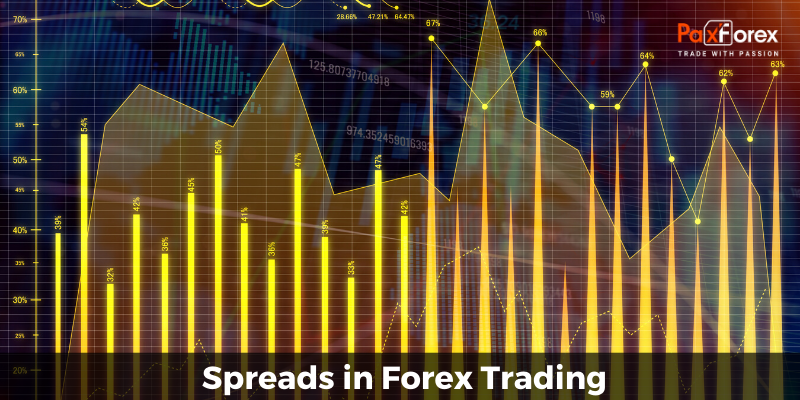
Experienced forex traders know that the largest cost in initiating any trade is the spread between the bid and ask prices. One of the first concepts that a trader new to the forex market will come across is that of the bid ask or dealing spread. Since most retail based forex trades are executed without the broker charging a commission, the bid ask spread represents the most basic cost of doing business in the forex market.
When a currency trader executes a forex deal that has been quoted on by a broker or market maker, it typically means that the trader will be paying away a few pips in order to be able to take on or close out the forex position they desire. The spread is the cost of each transaction performed by the trader in the market (not including any other fees such as swap or commission). This cost can vary from broker to broker.
The dealing spread observed in quotations made by forex market makers is simply defined as the difference between a currency pair’s bid and ask price. The bid price is the exchange rate at which the market maker will purchase the currency pair, while the ask price is the exchange rate at which they will sell the currency pair. Most trading systems and strategies are highly dependent on the spread offered by the broker, and often a spread value that is too high may render a trading system useless.
Spreads are calculated based on the type of the forex broker your broker is and there’s no way to get around them. If the broker you’re trading with is a market maker or dealing desk, the spreads will be fixed and this is going to be the first thing that is advertised. Fixed spreads are a good thing especially when it comes to fast-moving markets like the foreign-exchange markets are but, as a rule of thumb, fixed spreads offered by market makers are bigger than the ones offered by brokers that use the Straight Through Processing (STP) and Electronic Communication Network (ECN) technologies to get their quotes.
Before opening a trading account, it is important for a trader to know as much as possible about the offering of that respective broker and what are the costs associated with forex trading. Managing a trading account should consider not only setups and execution for profitable trades but also what other factors will affect an account’s balance. Swaps and spreads fit into this category and they really need to be properly understood before opening a trading account with any broker.







